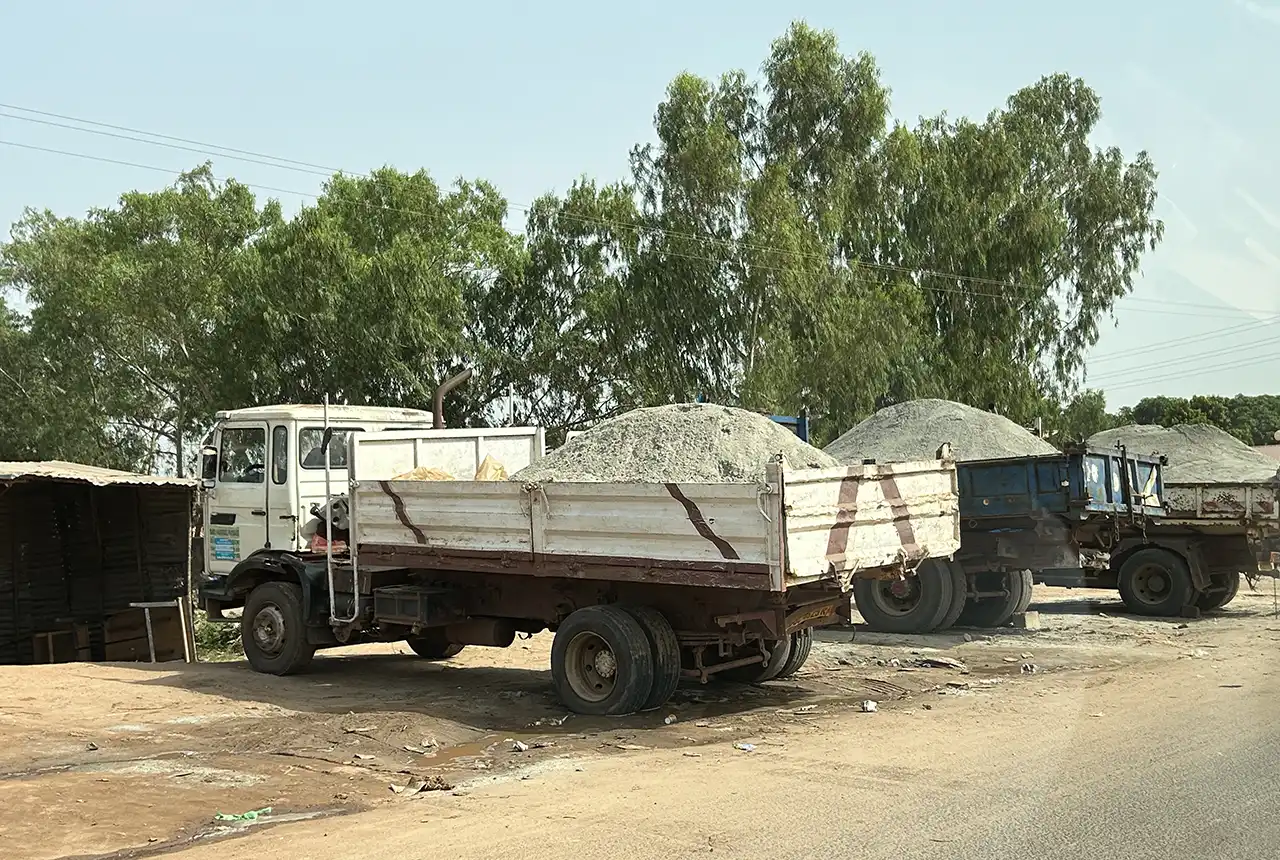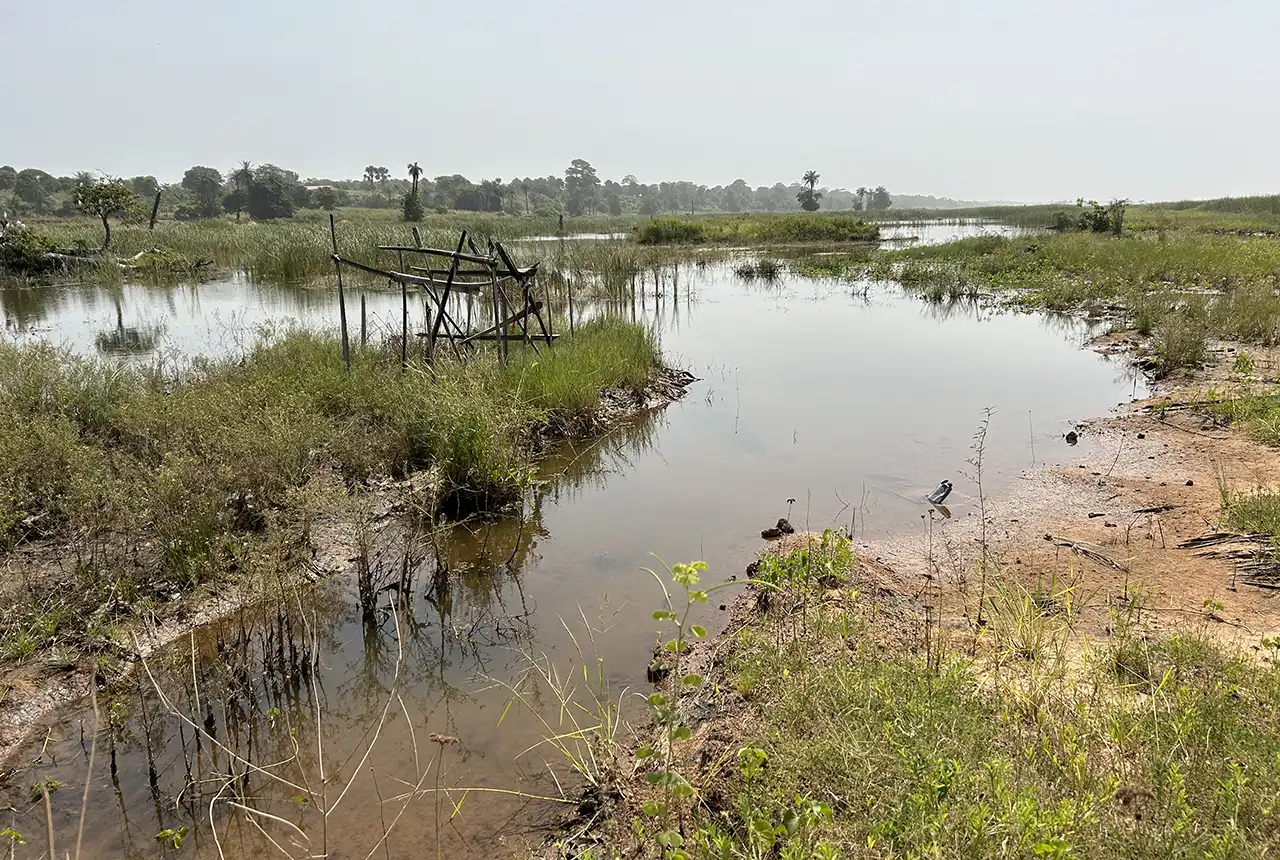Mining sand sustainably in The Gambia
BGS geologists Tom Bide and Clive Mitchell travelled to The Gambia as part of our ongoing work aiming to reduce the impact of sand mining.
17/09/2024
BGS has been working to reduce the global impact of sand mining through its International Geoscience Research and Development (IGRD) programme. After a successful trip to Malaysia in early 2023 and development of good practice guidance, the BGS team was keen to work alongside international partners in countries where sand mining and supply has become a major national issue.
In the autumn of 2022, Alieu Jawo, the director of the Geological Department of The Gambia, visited BGS to discuss the acute shortage of sand faced by his country. As is the case for many countries going through a construction boom, shortages of sand are causing numerous problems, including:
- increased levels of illegal mining
- damage to fragile environments
- delays to construction of new buildings and infrastructure
Ultimately, shortages of sand are negatively affecting national economic development. Could this be an ideal opportunity to understand if the tools BGS is developing could be usefully applied in the field?


We certainly thought so and our gracious hosts at the Geological Department in The Gambia quickly put us to work training their staff in geological fieldwork techniques for mapping sand resources. This was my first time in west Africa and, away from the breeze of the coast, the heat of the midday sun and high humidity made working an exercise in finding shade. I couldn’t decide whether this was better or worse than my usual environment of muddy Yorkshire fields in the rain…
Sand supply
It was very apparent that sand supply is a critical issue in The Gambia. Due to an increasingly urban population, there is a burgeoning construction industry and a pressing need for new roads and infrastructure. This is driving a huge demand for construction materials, principally sand — a demand that has become impossible to deliver sustainably using traditional sources. There is a real need for better understanding of the geology and environmental processes to help find new sand resources and understand what the effects of extraction might be.
During two weeks of field visits and discussions with government, policymakers and industry, we obtained an in-depth understanding of the huge amounts of damage caused by the resource demands of a rapidly developing nation combined with a legacy of poor controls on extraction. We visited vast swathes of what used to be pristine coastal dunes that have been reduced to low-lying swamps by over-extraction of sand. Whilst being driven between field sites, we passed truck after truck loaded with sand and crushed lateritic soil. Almost every house seemed to have a pile of sand outside, reminding us of how important supply was at both a national and local levels.
Despite the obvious challenges being faced by The Gambia, there are plenty of reasons for optimism. The enthusiasm of the staff at the Geological Department for using geoscience to help the country develop was contagious. There are already identified improvements that could be made on managing mineral resources, such as development of better geological data and models, as well as straightforward actions for the industry, like processing the sand to so it can be used for higher-value applications such as concrete, as opposed to fill material.
Marine sands
The Gambia also faces significant risks though its race to develop. Marine dredging is seen by many as the solution to sand shortages in the country. Whilst marine sands can certainly be an important and low-impact source for construction material, without detailed understanding of marine geology, hydrography and biology it also has the potential to cause significant negative environmental effects.
Luckily this is something we do very well in the UK and we were able to pass a lot of accepted good practice (for example, that published by the British Marine Aggregate Producers Association) to industry and government representatives during our visit. It has also given the BGS team lots of good ideas as to how we can develop better tools and share knowledge to help countries like The Gambia continue to access the raw materials essential for development in a sustainable way.
About the authors

Tom Bide
Minerals geoscientist

Clive Mitchell
Industrial minerals geologist
Relative topics
Related news
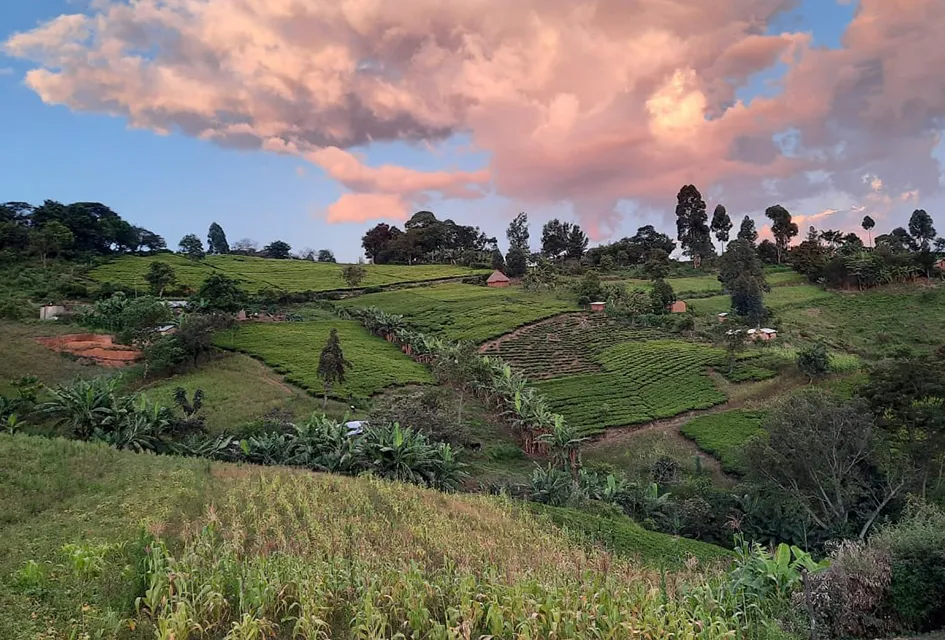
Dynamics of land-to-lake transfers in the Lake Victoria Basin
09/12/2024
In June 2024, a UK/Kenya research team shared research findings from a collaborative, four-year field and experimental programme within Kenya.
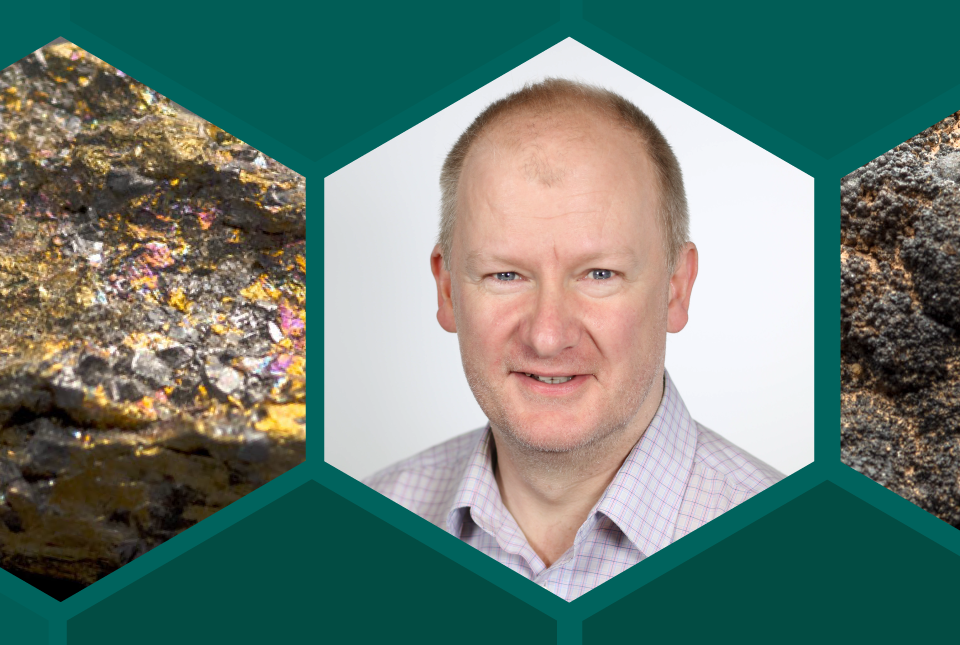
The challenge of assessing the UK economy’s dependence on mineral supply
28/11/2024
Critical, essential, or just plain important? Dr Gavin Mudd, director of the Critical Minerals Intelligence Centre, discusses the findings and new methodology featured in the 2024 UK Criticality Assessment.
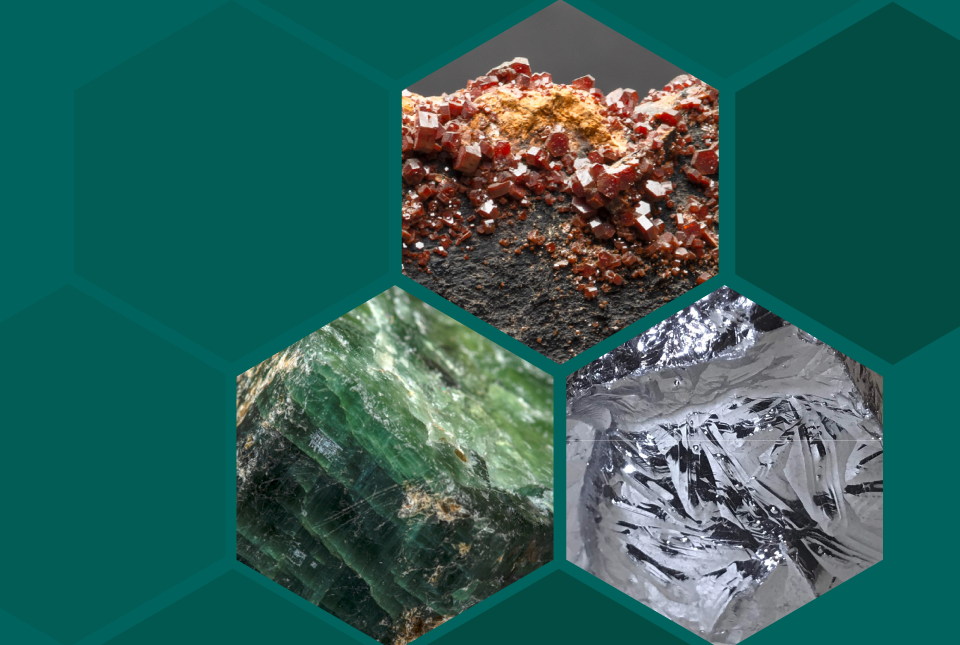
UK 2024 Criticality Assessment published
28/11/2024
The latest UK Criticality Assessment, produced by the UK Critical Minerals Intelligence Centre, shows that growing diversification brings an increasing vulnerability in terms of disruption to supply.
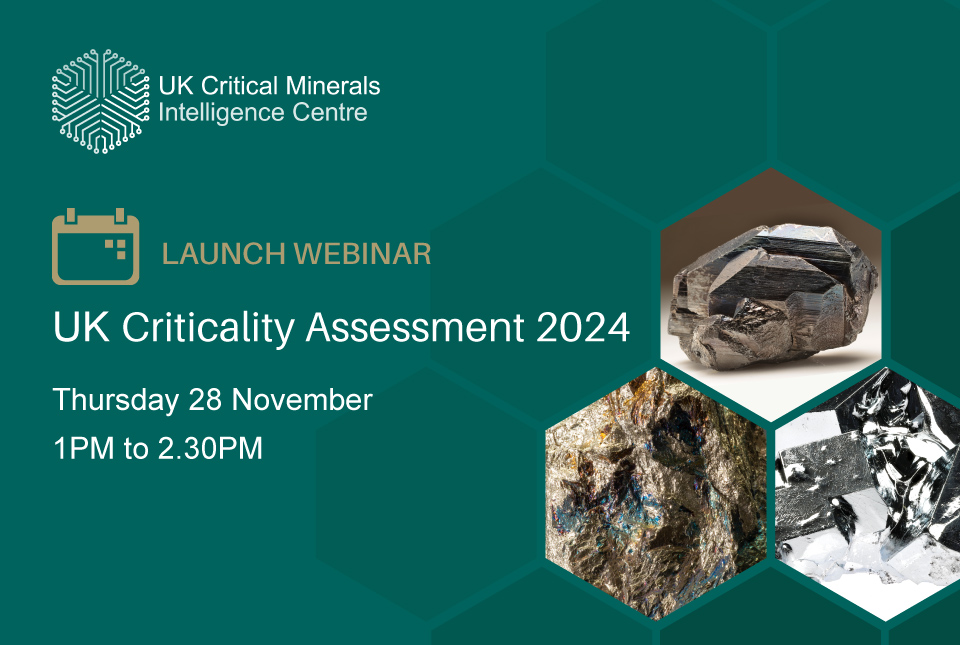
Criticality Assessment 2024 launch webinar
Event on 28/11/2024
A special live webinar with the team from the Critical Minerals Intelligence Centre to accompany the launch the latest UK Criticality Assessment. A recording is now available to watch online
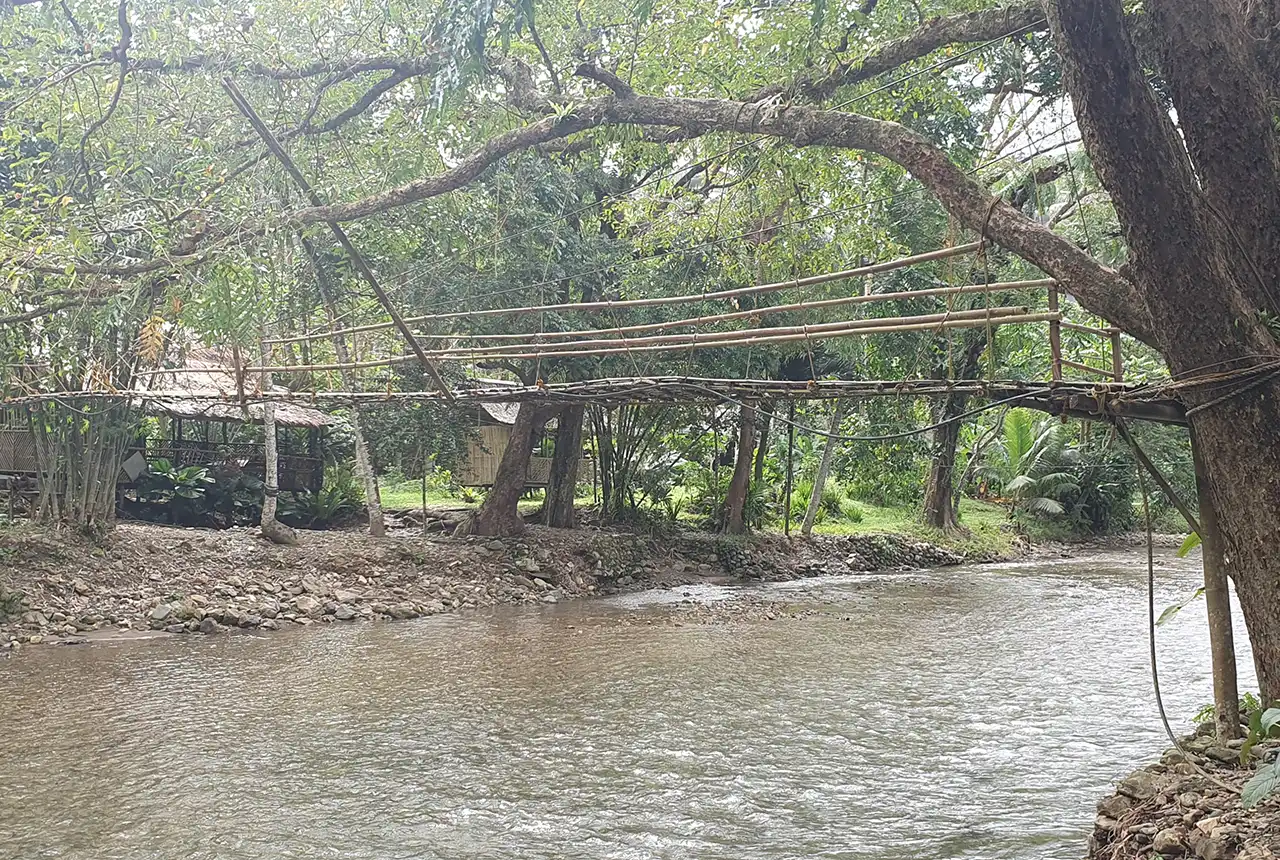
UK–Philippine partnership to help tackle the challenges of future water security in the Philippines
07/11/2024
New ‘hydrological hub’ to foster research and provide essential national water management datasets and tools.
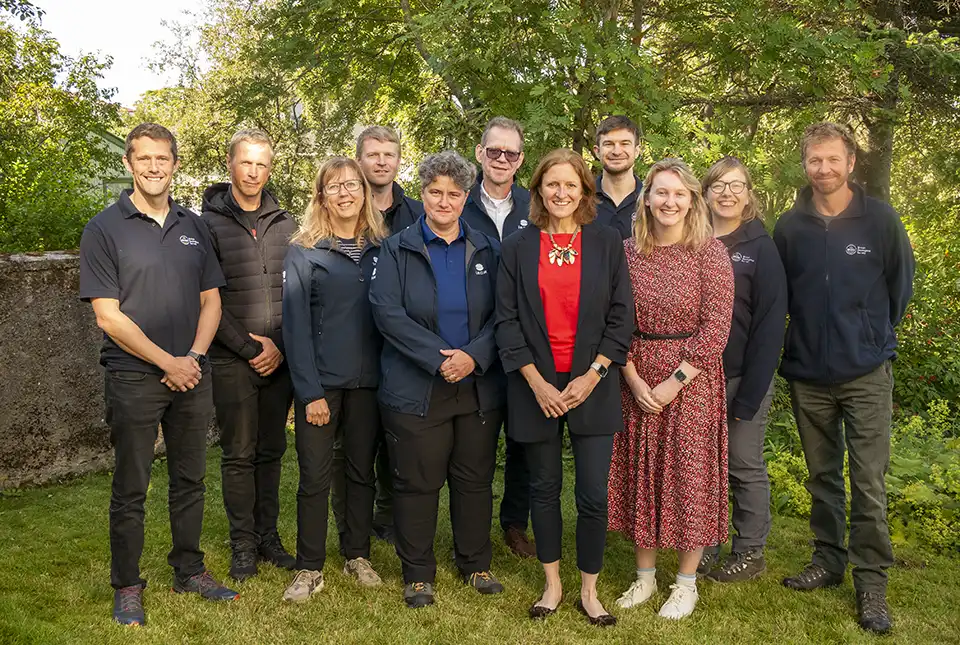
BGS collaborates with Icelandic colleagues to assess windfarm suitability
03/10/2024
Iceland’s offshore geology, geomorphology and climate present all the elements required for renewable energy resources.

Mining sand sustainably in The Gambia
17/09/2024
BGS geologists Tom Bide and Clive Mitchell travelled to The Gambia as part of our ongoing work aiming to reduce the impact of sand mining.

Visit by Indonesian Embassy representatives to BGS
27/08/2024
Strengthening BGS/Indonesia scientific research partnerships to address the complex challenges Indonesia faces from natural hazards and maximising opportunities from mineral resources and geothermal energy.

Extracting formation temperatures from stalagmites
14/08/2024
BGS’s Andrew Smith explores the karstic depressions of northern Spain in the quest to create a palaeothermometer.
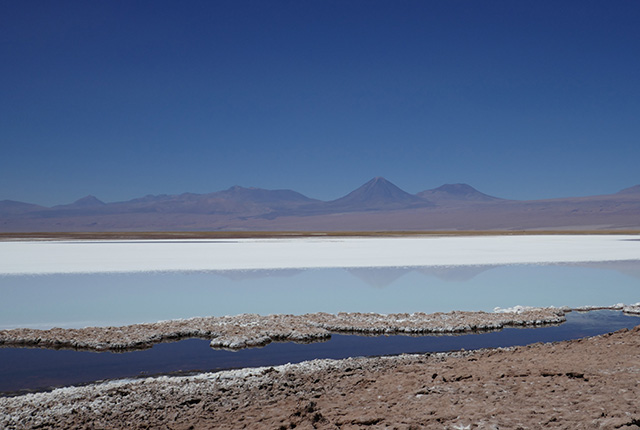
Responsible extraction in South America’s Lithium Triangle
02/08/2024
A BGS team visited Argentina and Chile to investigate how to extract lithium more responsibly in the face of growing worldwide demand.
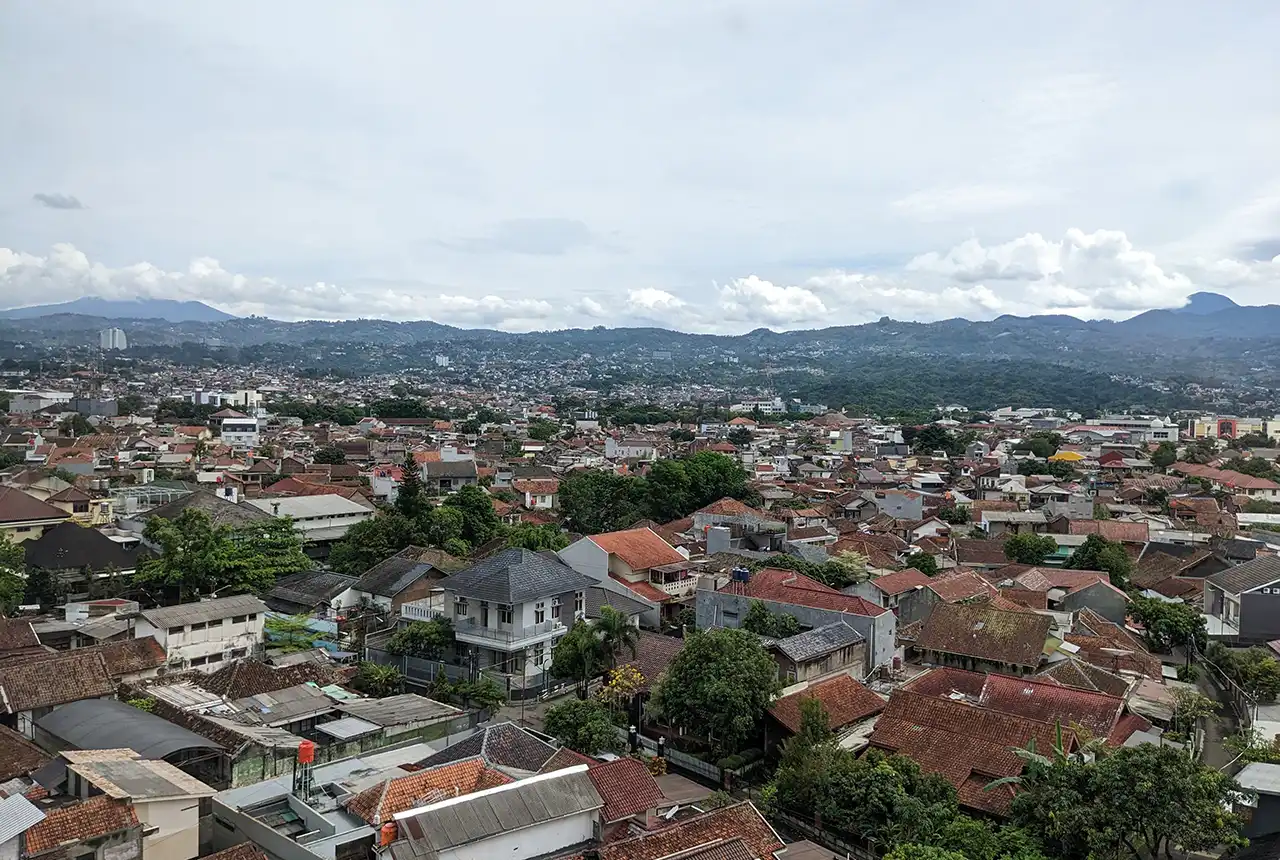
Nearly three million people in Indonesia’s second city could be affected by an earthquake
17/07/2024
BGS-led research reveals the number of people in the Bandung metropolitan region who could be exposed to a major earthquake.
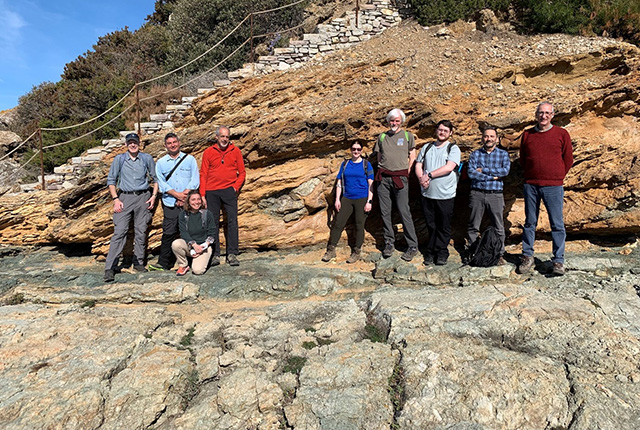
The heat beneath our feet: BGS field visit to Tuscan geothermal systems
05/07/2024
BGS visits the active and fossilised geothermal systems of southern Tuscany, Italy.



